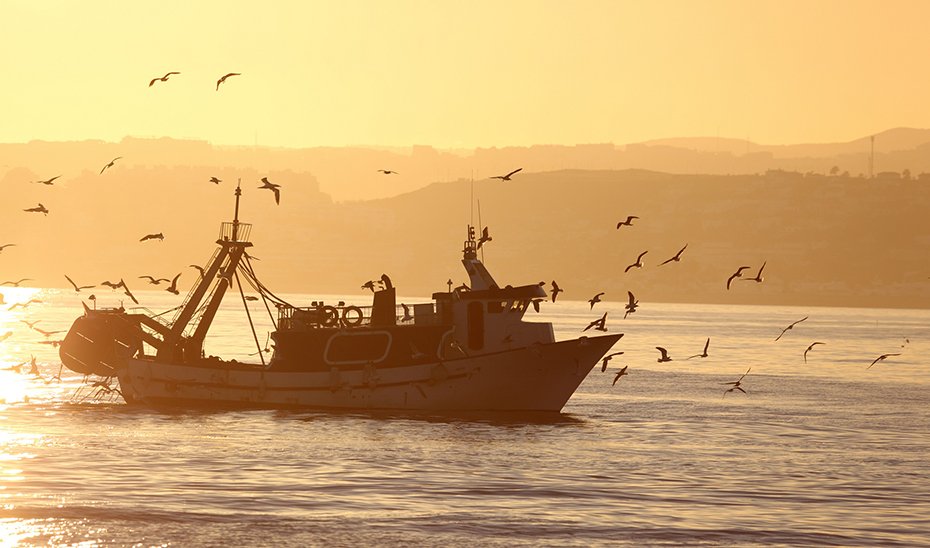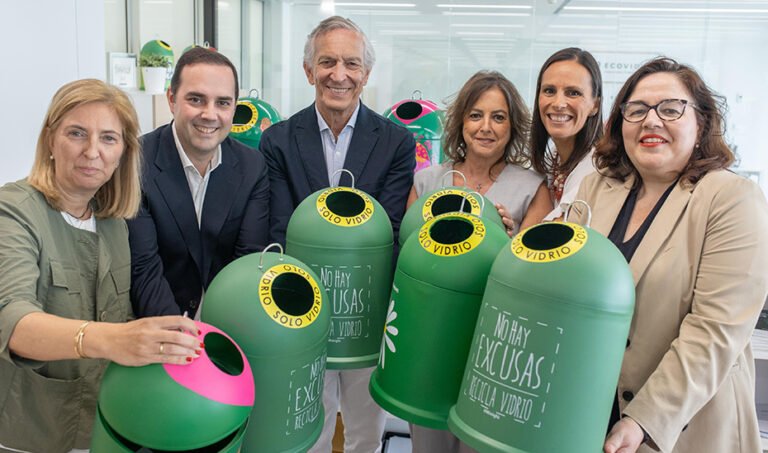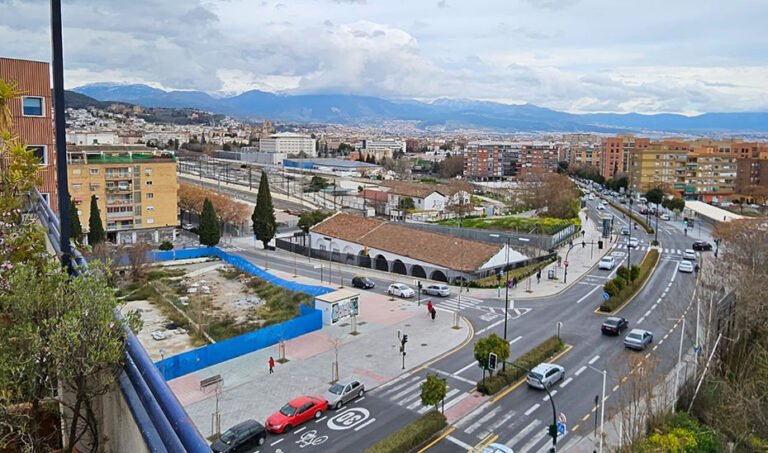
The Council of Government has taken note of the grants that the Ministry of Agriculture, Fisheries, Water and Rural Development has made available to the Andalusian aquaculture and fishing sector, totaling a multi-year budget of 13 million euros, with funding from the European Maritime, Fisheries and Aquaculture Fund (Fempa). The grants include financial resources aimed at improving the transformation and marketing of products from fishing and aquaculture (10.5 million euros); as well as incentives for projects by the Local Action Groups of the Fishing and Aquaculture Sector (Galpa) in Andalusia (just over 2.5 million euros).
In the case of improvements in transformation and marketing, the grants will support initiatives carried out between 2025 and 2027 that seek to promote the green transition of the sector. The grants will be awarded to actions that reduce environmental impact, promote marine environment protection, or encourage circular economy. Likewise, projects that focus on more sustainable production and marketing systems and aim to mitigate the effects of climate change and help the sector adapt to these circumstances will also be supported.
Among the eligible concepts are the implementation of procedures that commercially exploit unwanted catches and fishery by-products; the establishment of new transformation systems that enhance the quality and added value of products, and measures that strengthen traceability and food safety through labeling and identification systems.
As for the beneficiaries, small and medium-sized enterprises (SMEs) engaged in the marketing and transformation of fishery and aquaculture products in Andalusia (canning, smoking, freezing, and filleting industries) can apply for these incentives. This industrial sector consists of a total of 136 companies in Andalusia, with a production value of around 890 million euros in the economic sphere. This amount includes the value of products from 77 entities dedicated to transformation (over 747 million euros) and 59 wholesale companies that also carry out fishery product transformation activities (around 142 million euros). In terms of employment, it is estimated that this sector employs about 6,000 people in Andalusia, with 4,100 working in transformation industries.
On the other hand, the 13 million euros in incentives for the fishing sector called by the Andalusian Government also include the second call for proposals that support projects under the local development strategies of the Local Action Groups of the Fishing and Aquaculture Sector (Galpa) in Andalusia. Specifically, over 2.5 million euros are allocated to this line of grants distributed among five entities recognized by the Junta de Andalucía.
Thus, 500,000 euros are allocated for actions planned by the Galpa of Huelva; 850,000 euros for initiatives by the group in Cádiz; and 300,000 euros for the Fishing Development Group in the province of Málaga. In the case of the Association Local Action Group of Fishing and Aquaculture in Granada and Western Almeria, a grant of 386,250 euros is assigned, and finally, the Maritime, Fishing, and Aquaculture Development Association in Almería and Levante is granted a subsidy of 500,000 euros.
These funds are in addition to the first call for proposals opened in 2025 for the same purpose with a budget of nearly four million euros, so the total amount allocated by the Junta de Andalucía this year to support the projects of the local development strategies of the Galpa amounts to 6.5 million euros. Taking into account the two calls for proposals opened last year to support these same actions (around six million euros) and the grants awarded for the operational expenses of the Andalusian Galpa until 2027 (4.5 million), the overall amount of the grants made available to the groups between 2023 and 2025 by the Andalusian Government exceeds 17 million euros.
The Local Action Groups of the Fishing and Aquaculture Sector are public-private associations made up of representatives from fishing guilds, fishing organizations, municipalities, women’s associations, and other economic and social agents linked to these activities. Their goal is to promote economic diversification in areas dependent on fishing and aquaculture, promoting tourism, the transformation of fishery products, and training. To achieve this, they act as territory facilitators, promoting initiatives that arise from the residents of the area to meet the specific needs of each area.





